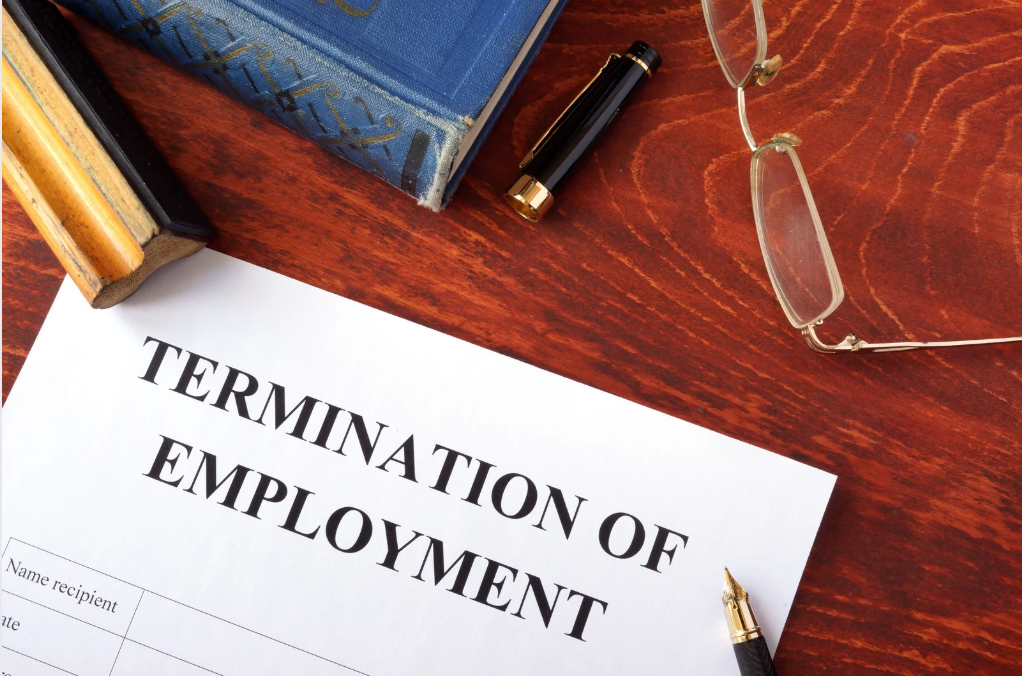What Is California Overtime Law?
Workers in California deserve fair payment for their employment. Working long hours is often a requirement in jobs these days. Unfortunately, many employees do not receive fair wages when they work these long hours. Understanding California overtime law can help you determine when your employer owes you overtime pay.
Both the Federal Labor Standards Act and California wage and hour laws protect employees. These laws establish a minimum wage, overtime pay eligibility and child labor standards. They affect full-time and part-time workers in California.
What Is California Overtime Law?
California’s overtime laws require employers to pay overtime to non-exempt employees. Those requirements include:
- Overtime pay at one and a half times regular pay rate for:
- Working more than eight hours per day
- Working over 40 hours per week
- First eight hours on the seventh consecutive day worked
- Overtime pay at two times regular pay rate for:
- Working more than 12 hours per day
- Any work over eight hours on the seventh consecutive day
To become eligible for overtime pay, employees must be over the age of 18 and employed in a non-professional job. Employees who work on hourly rates, day rates or annual salary can still qualify for overtime pay, as long as they are not exempt under California overtime law.
Reasons You May Not Get Overtime Pay in California
Unfortunately, many employers violate federal and state wage and hour laws to avoid paying overtime. Employers who fail to comply with California wage and hour laws can be held accountable. An experienced San Diego employment lawyer can help you determine whether you should have received overtime pay.
Some of the most common reasons an employee may not get overtime pay include an employer:
- Misclassifying employees as independent contractors or professional employees
- Denying rest breaks
- Refusing meal breaks
- Forcing employees to work off the clock
- Claiming an employee is a manager and exempt from overtime pay
One of the most common misconceptions in California is that salaried employees are not able to collect overtime pay. This is incorrect. If you work more than 40 hours per week and eight hours per day, you could still collect overtime pay.
If you believe that your employer has violated California overtime law, you should take immediate action. You only have a limited amount of time to file a claim. The statute of limitations for claims alleging non-payment of overtime is three years from the date of non-payment.
Filing a Claim for Wage and Hour Violations
An experienced San Diego employment lawyer can help you file a claim against your employer to collect overtime pay that is rightfully yours. California labor laws allow employees to recover overtime wages, meal and rest period penalties and other penalties. Federal law allows employees to recover damages of two times the unpaid overtime wages.
The Private Attorney General Act of 2004 allows employees the right to collect fines for violations of state labor laws. Employees split these fines with the state.
In addition, California state laws allow employees to bring overtime and wage claims as a class-action lawsuit. These employees can collect extra compensation as a form of incentive pay.
Your San Diego employment lawyer can answer your questions and review all of your legal options with you and help you choose the legal path that is best for you.
Contact Our San Diego Employment Attorney Today
If you believe you believe that your employer is in violation of California’s overtime laws, it is important to retain the services of an experienced employment law firm. Our San Diego employment lawyer can help you seek justice if your employer denies you proper overtime pay.
With an office located in San Diego, The Gould Firm is here to help you when you need it. We offer free initial consultations so we can meet with you and help you learn about all of your legal options. Call us today at (619) 941-0667 or fill out our confidential contact form for more information.










